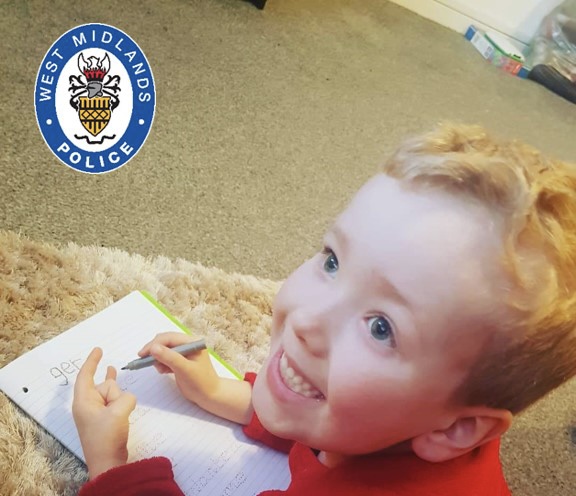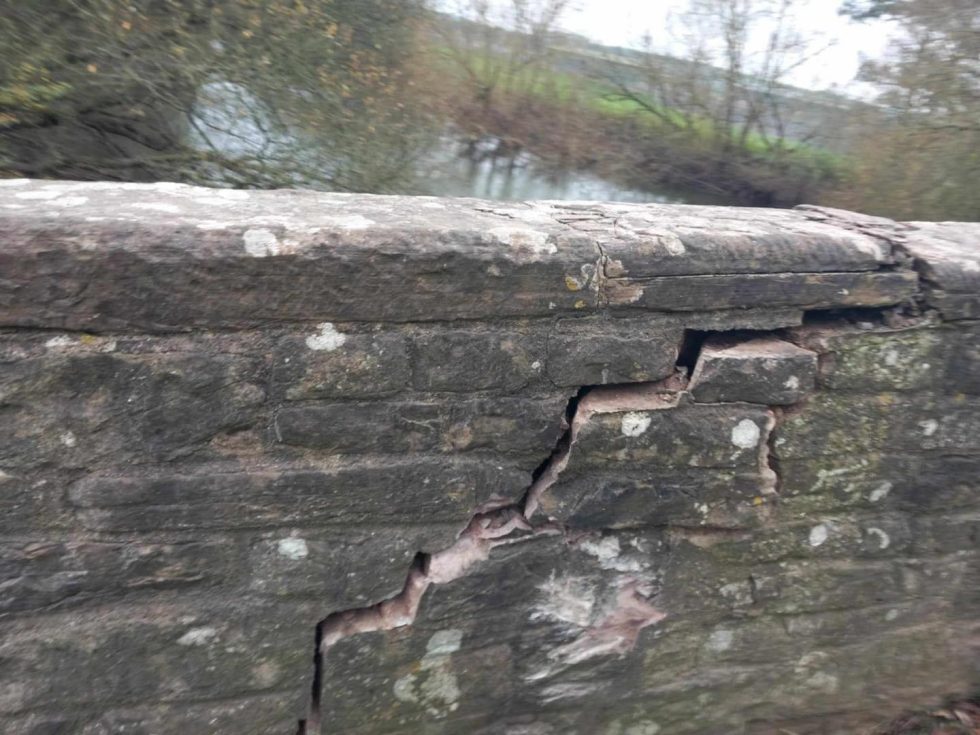A major review into the circumstances leading up to murder of Arthur Labinjo-Hughes has been launched by the Government to determine what improvements are needed by the agencies that came into contact with him in the months before he died.
The Government has separately commissioned four inspectorates, covering social care, health, police and probation to undertake an urgent inspection of the safeguarding agencies in Solihull to whom Arthur was known.
As part of this inspection, all the agencies tasked with protecting children at risk of abuse and neglect in Solihull will be subject to a Joint Targeted Area Inspection to consider their effectiveness and advise on where improvements must be made.
In addition to this, the independent, national review will identify the lessons that must be learnt from Arthur’s case for the benefit of other children elsewhere in England, to be led by the National Child Safeguarding Practice Review Panel.
Together, these two actions will mean a deep, independent look at Arthur’s case, and the national lessons to be learnt; and a joined-up inspection of how all the local agencies involved are working, including how they are working together, to keep children safe nationally and locally.
The steps announced today include:
- Commissioning a Joint Targeted Area Inspection, led jointly by Ofsted, the Care Quality Commission, HM Inspectorate of Constabulary and Fire & Rescue Services, and HM Inspectorate of Probation. It will consider where improvements are needed by all the agencies tasked with protecting vulnerable children in Solihull, including in how they work together.
- A national review, led by the National Child Safeguarding Practice Review Panel, to provide additional support to Solihull Children’s Safeguarding Partnership. This will effectively ‘upgrade’ the existing local review, launched shortly after Arthur’s death in June 2020 and paused while the court case continued.
Education Secretary Nadhim Zahawi said:
Arthur’s murder has shocked and appalled the nation. I am deeply distressed by this awful case and the senseless pain inflicted on this poor boy, who has been robbed of the chance to live his life.
I have taken immediate action and asked for a joint inspection to consider where improvements are needed by all the agencies tasked with protecting children in Solihull, so that we can be assured that we are doing everything in our power to protect other children and prevent such evil crimes.
Given the enormity of this case, the range of agencies involved and the potential for its implications to be felt nationally, I have also asked Annie Hudson, chair of the Child Safeguarding Practice Review Panel, to work with leaders in Solihull to deliver a single, national review of Arthur’s death to identify where we must learn from this terrible case.
We are determined to protect children from harm and where concerns are raised we will not hesitate to take urgent and robust action. We will not rest until we have the answers we need.
The national review takes into account the significance and scale of the circumstances of Arthur’s murder, allowing findings to be disseminated around the country to improve practice and identify the lessons that must be learnt. It replaces and builds on the original Local Child Safeguarding Practice Review – previously known as Serious Case Reviews – which is overseen by safeguarding leaders in a local area.
Over the next few days the Department for Education will work with both the National Panel and the Solihull Partnership to agree a timeline for publication of the national review, as well as confirming the full scope of the Joint Targeted Area Inspection with the agencies involved.
Since 2010, the Government has established stronger multi-agency working, putting a shared and equal duty on police, council and health services in local areas to work more effectively together in protecting and promoting the welfare of vulnerable children. An independent review of children’s social care is ongoing and is due to report next year.
Anyone who sees or suspects child abuse, or is worried about a child known to them, can report concerns to their local children’s services or by contacting the government-supported NSPCC helpline, which is for adults or practitioners concerned about a child or young person.
Contains public sector information licensed under the Open Government Licence v3.0.




